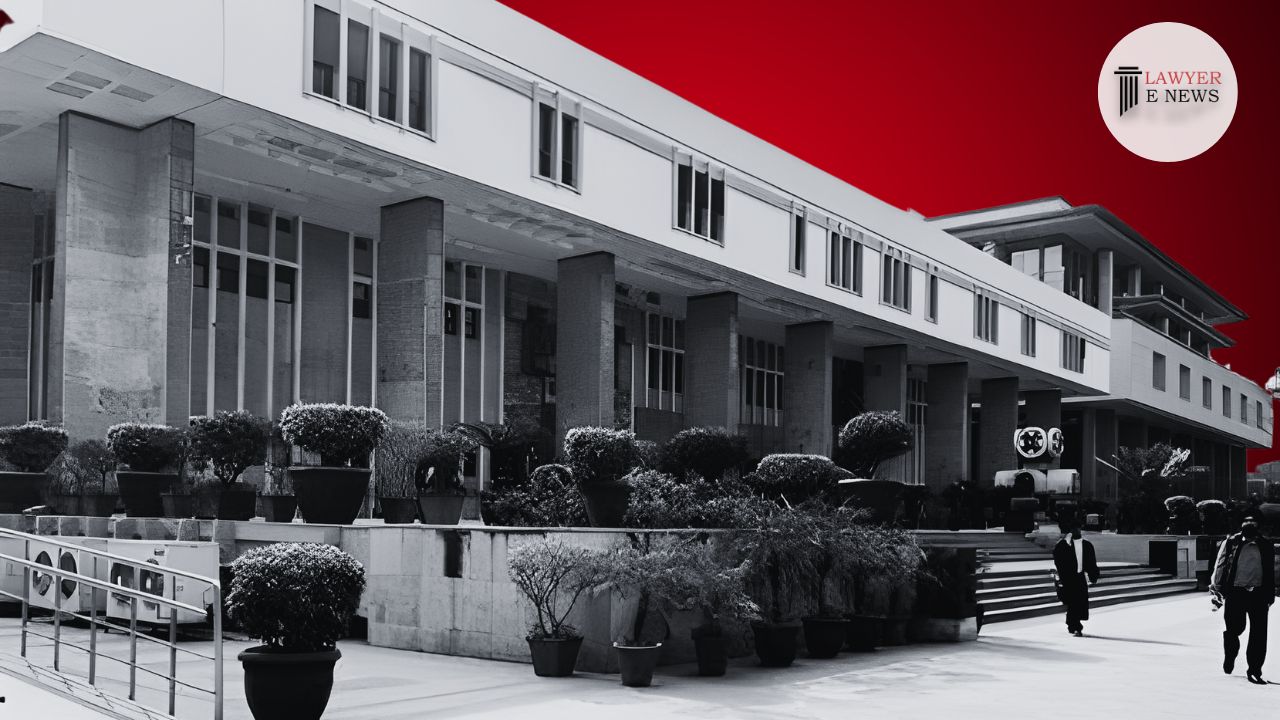-
by Admin
15 February 2026 5:35 AM



In a significant development, the High Court of Delhi has rejected the bail application of Mr. Manish Sisodia, the Deputy Chief Minister and Excise Minister, in a high-profile money laundering case. The judgement, delivered on July 3, 2023, comes amidst serious allegations that Sisodia formulated an excise policy to benefit certain individuals and received illegal gratification. Represented by advocates Mr. Mohit Mathur and Mr. Dayan Krishnan, Sisodia's defence challenged the credibility of the Enforcement Directorate (ED) case, highlighting inconsistencies in witness statements and contradictions.
The court, while acknowledging the sacrosanct nature of personal liberty, emphasized the need to strike a balance between individual interests and the larger interests of society. It noted that the statements recorded under Section 50 of the Prevention of Money Laundering Act (PMLA), though admissible in evidence, should not be treated as gospel truth. The evidentiary value of these statements will be weighed during the trial, as argued by the defence. The court further observed that the ED's case was not solely reliant on Section 50 statements but also took into account the involvement of third parties and the alleged mens rea in the formulation of the excise policy.
The judgement highlighted the unique nature of the case, which revolves around allegations that the excise policy was framed as a special purpose vehicle to generate proceeds of crime. It is alleged that M/s Indo Spirit, a company created as part of this scheme, continuously generated illegal proceeds. The defence raised concerns regarding the lack of direct evidence due to the discreet nature of policy formulation, making it difficult to establish the allegations definitively.
The court refrained from meticulously examining the evidence at the bail stage, as it is typically not the forum for detailed evidentiary analysis. Instead, it considered the broad probabilities and legislative intent behind enacting Section 50 of the PMLA, which deems statements recorded under it to be judicial proceedings. It also took into account the gravity and nature of the offense, the capacity in which Sisodia allegedly committed the offense as a public servant, and the potential impact of his release on society.
The judgement referenced the previous bail application rejection and expressed concerns over the possibility of evidence tampering, as highlighted by the ED. It noted instances of alleged destruction of evidence, such as the disappearance of a draft GoM report, indicating an attempt to conceal or destroy vital pieces of evidence. The court also highlighted the alleged utilization of kickbacks for election campaigns and the creation of fake invoices as part of the money laundering scheme.
The court relied on the statements made by responsible officers of the excise department, which indicated the increase in profit margin from 5% to 12% without proper deliberation. It also mentioned the alleged interference of the "South Group" in the excise policy formulation and the planting of emails to showcase public support for the policy recommendations. The ED contended that Sisodia had played a role in the conspiracy to provide illegal benefits, resulting in a loss of around 100 crores.
Delhi High court upheld the reasoned order of the Special Judge and dismissed Sisodia's bail application. It cited the serious nature of the economic offense, the involvement of a high-ranking public servant, and the alleged deep-rooted conspiracy as factors contributing to the denial of bail.
Date of Decision: July 3, 2023
MANISH SISODIA vs DIRECTORATE OF ENFORCEMENT
